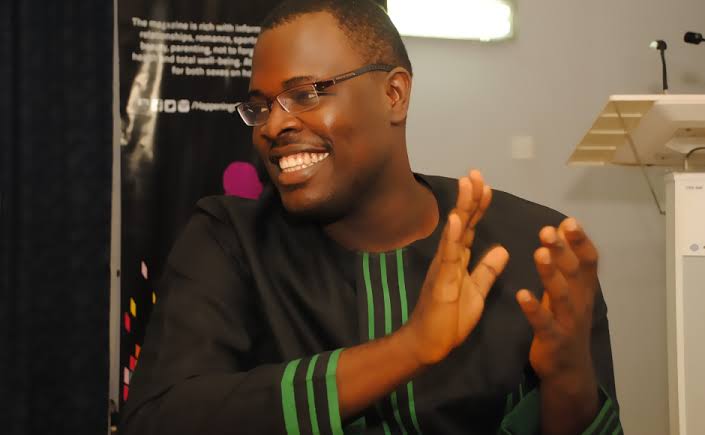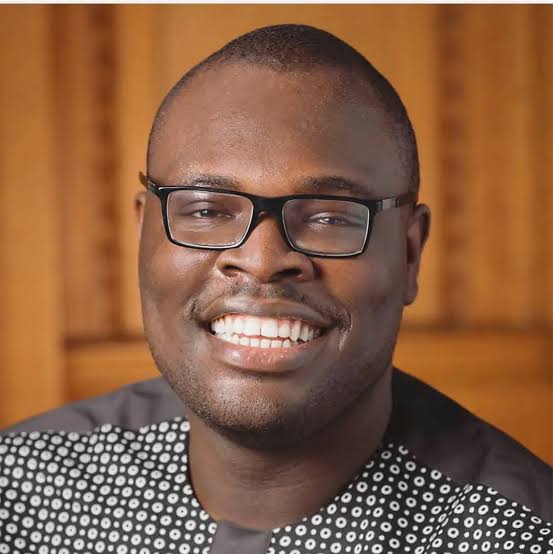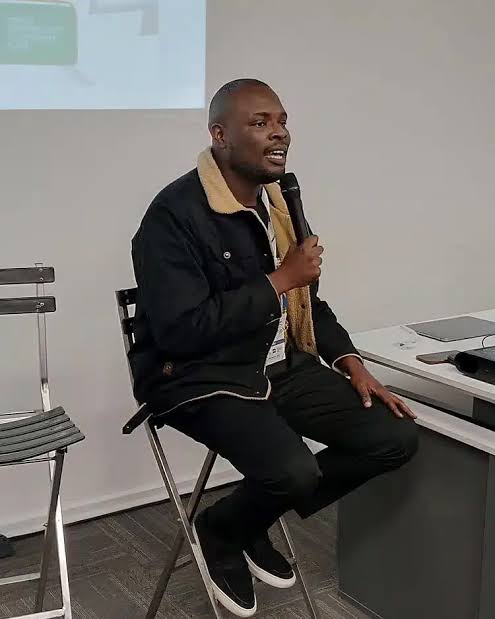A famous media personality named Chude Jideonwo started a debate in the Nigerian entertainment business when he said that most of the country’s best filmmakers are from the Yoruba-speaking part of Nigeria. In a recent Instagram post, Jideonwo talked about how important Yoruba filmmakers have been to Nollywood, saying that they have made some of the biggest movies in the business and had a big impact on its direction.
It’s clear from Jideonwo’s comment that Yoruba filmmakers are very important in Nollywood, which is one of the biggest film businesses in the world. The directors who speak Yoruba have made a name for themselves over the years by making movies that appeal to people all over the world, not just in Nigeria. Their films are unique and culturally important because they often deal with issues that are important to Yoruba culture, language, and custom.

Nollywood has long been a place where people from different cultures in Nigeria can come together to make movies. The movies are known for moving quickly and having deep stories. But Jideonwo’s comments have brought attention to the fact that one group controls the business. Because they have made so many movies, Yoruba directors have set the standard for Nollywood with their huge-hit movies. Yoruba movies have always been high-quality productions that connect with viewers, from romantic dramas to historical epics.
Famous people from the Yoruba-speaking area who have made important contributions to Nollywood include Kunle Afolayan, Tunde Kelani, and Kemi Adetiba. Not only have their works done well at the box office, but they have also been praised by critics in Nigeria and other countries. The movies “The Figurine” and “King of Boys” have sealed their place in the history of Nigerian film, which supports Jideonwo’s claim that Yoruba filmmakers are the best.

Jideonwo’s words have started new conversations about how to make Nollywood more diverse and include more actors from different regions. It’s clear that Yoruba filmmakers have made important contributions to the industry, but it’s also important to remember that Nollywood lives on its cultural diversity. Igbo and Hausa-speaking filmmakers have also been very important to the growth of the business by bringing their own unique stories and points of view to the big screen. But Jideonwo’s claim shows how important Yoruba filmmakers have been in shaping Nollywood’s character and success.
People have different responses to what the media personality said. Some people who work in Nollywood agree with him, pointing to the huge amount of work that Yoruba directors make and their ability to connect with viewers on a deep cultural level. Others, on the other hand, think that Nollywood’s strength is in its diversity and that all areas should be praised for what they’ve done to help the industry succeed.
While Chude Jideonwo’s comments may have caused a stir, they also serve as a reminder of the rich cultural tapestry that makes Nollywood a major force in world film. Yoruba directors are very successful because they are creative, have a clear vision, and can tell stories that people of all ages can relate to. It will be interesting to see how directors from different parts of the world continue to shape the future of Nollywood.
In conclusion, Jideonwo’s claim that filmmakers who speak Yoruba control Nollywood has started important conversations about how different regions are reflected and influenced in the Nigerian film business. It’s true that Yoruba filmmakers have made an indelible mark on the business, but what makes it great is how diverse it is.
